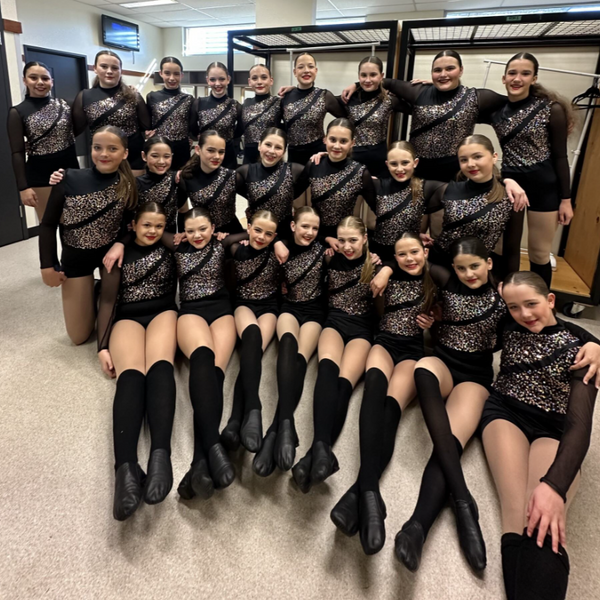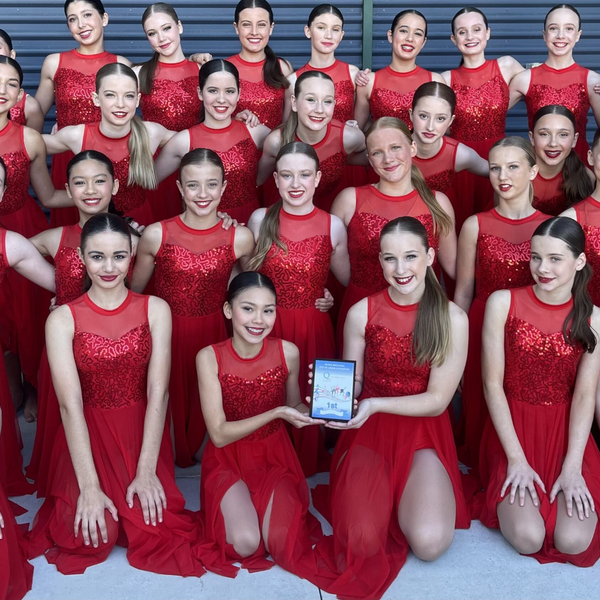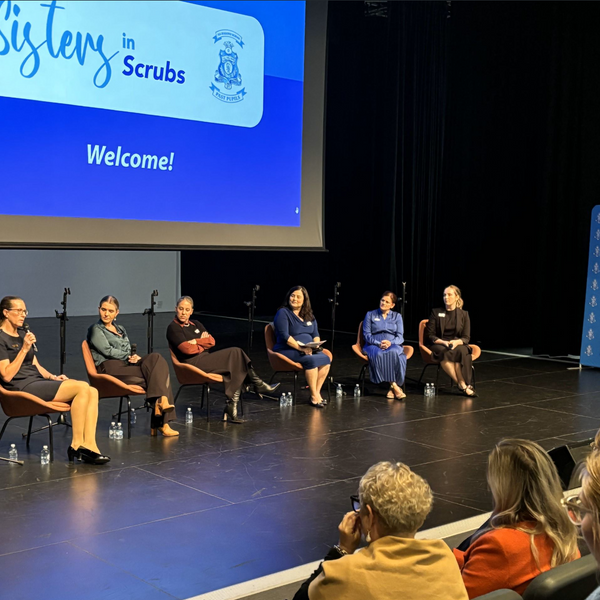The arrival of social media and its significant rise around 2010, coupled with the screen exposure that the current generation has experienced from birth, continues to fuel community concerns. Previously there was a strong focus on physical risk factors but this has now shifted to online; the potential for constant, uninterrupted exposure is an issue that underscores the mental impact on our youth.
At the start of this term, I spoke about the school policy of no phones through the school day, to allow connection and provide opportunities away from a screen. Today I would like to share some insights and tips on how to manage your teenager's use of social media. Social media is a persistent and influential part of our modern society, and it can have both positive and negative impacts on young people's mental health, wellbeing, and education.
In the following points, I will draw on some recent research and expert advice to help you understand the benefits and risks of social media for our young people, and how you can support them to use it responsibly and safely.
I will also relate some of the topics to our school's mission and values, which are based on the Catholic faith and the charism of the Sisters of Mercy. Our school aims to foster a culture of respect, integrity, compassion, joy, justice, and service among our students, staff, and community.
What is social media and how do teens use it?
Social media is a term that encompasses various online platforms and applications that allow people to create, share, and consume content, as well as communicate and interact with others. Some of the most popular social media services among teens are Instagram, TikTok, Snapchat and YouTube.
According to a survey by the Australian Government's eSafety Commissioner, girls aged 14-24 spend 822 minutes on social media each week (about 2 hours a day), while boys spend 518 minutes (about 1.5 hours a day). Teens use social media for various purposes, such as entertainment, information, education, socialisation, self-expression, and activism.
What are the benefits of social media for teens?
There are many positives associated with social media, and it's important for teens to develop social media savviness to prepare them for adulthood where, undeniably, social media remains a major part of daily life.
As a school, we recognise the value of social media as a tool for learning and communication, and we encourage our students to use it in ways that align with our mission and values. For example, we encourage our students to use social media to:
- Engage with local and global issues that affect the dignity and rights of all people, especially the poor and marginalised
- Promote a culture of respect and kindness, and to stand up against bullying, discrimination, and injustice
- Celebrate their achievements and talents, and to support and congratulate their peers
We also provide our students with opportunities to learn about digital citizenship and ethical online behaviour, and to reflect on how their online actions can impact themselves and others.
What are the risks of social media for teens?
We know that social media also comes with potential risks and challenges for teens, such as:
- Addiction and overuse, which can affect their sleep, schoolwork, and offline relationships
- Exposure to inappropriate and harmful content, such as violence, pornography, cyberbullying, and online grooming
- Comparison and pressure to conform to unrealistic standards of beauty, success, and popularity
- Loss of privacy and personal data, which can be exploited by advertisers, hackers, or predators
- Reduced self-esteem, self-image, and mental health, which can lead to depression, anxiety, or disordered eating
The eSafety Commissioner's survey revealed that in a 6-month period in 2020, 4 in 10 teens (44% of those surveyed) had a negative experience online. This included being contacted by a stranger, sent inappropriate content or being deliberately excluded from events or social groups.
Alina Morawska, a senior lecturer in clinical psychology at the University of Queensland, says that social media can have both positive and negative effects on teens' mental health, depending on how they use it and how they cope with it.
"Social media can be a source of social support, connection, and information, but it can also be a source of stress, anxiety, and isolation," she says.
As a school, we are committed to providing a safe and supportive environment for our students, both online and offline. We have policies and procedures in place to prevent and respond to any incidents of cyberbullying, online harassment, or inappropriate content. We also have our pastoral care team and school counsellors who are available to assist any students who are struggling with their social media use or mental health.
How can parents help their teens with their social media use?
As parents and guardians, you play a vital role in helping your teens navigate the online world and find the right balance between social media and their mental health. Here are some tips on how you can support your teens with their social media use:
- Be involved and interested in their online activities, and have open and honest conversations with them about the benefits and risks of social media
- Set some household rules and boundaries around social media and devices for everyone, such as no devices at the dinner table, in the bedroom, or after a certain time
- Model healthy and responsible online behaviour yourself, and show them how to use social media in positive and constructive ways
- Encourage them to have a diverse range of offline hobbies and interests, and to spend time with their friends and family in person
- Teach them how to protect their privacy and personal data online, and how to report and block any inappropriate or harmful content or contact
- Help them develop critical thinking and media literacy skills, and to question and evaluate the information and messages they see online
- Monitor their online activity and mood, and look out for any signs of distress, such as withdrawal, irritability, or changes in appetite or sleep
- Seek professional help if you are concerned about your teen's social media use or mental health, and access the resources and support available from the eSafety Commissioner, Headspace, or Kids Helpline
Collaboration between home and school is vital considering social media's influence. Should concerns arise, never hesitate to connect with either the Head of House, Head of Pastoral Care, or myself. We are dedicated to supporting everyone within our community.
How does social media affect teenagers? – The Uni of Qld (uq.edu.au)
Digital lives of Aussie teens | eSafety Commissioner
Ms. Victoria McDonald (Dean of Student Wellbeing).



 The All Hallows’ School P&F is thrilled to once again be raffling a brand-new Motorama 2024 MG3 Core 1.5L Auto Hatchback valued at $18,990!
The All Hallows’ School P&F is thrilled to once again be raffling a brand-new Motorama 2024 MG3 Core 1.5L Auto Hatchback valued at $18,990!
















 Last Tuesday evening the All Hallows’ Past Pupils’ Association hosted the next in its ‘Sisters in…’ careers/networking/mentoring series, Sisters in Scrubs, which focussed on the pathways and possibilities of careers in medicine.
Last Tuesday evening the All Hallows’ Past Pupils’ Association hosted the next in its ‘Sisters in…’ careers/networking/mentoring series, Sisters in Scrubs, which focussed on the pathways and possibilities of careers in medicine. 






